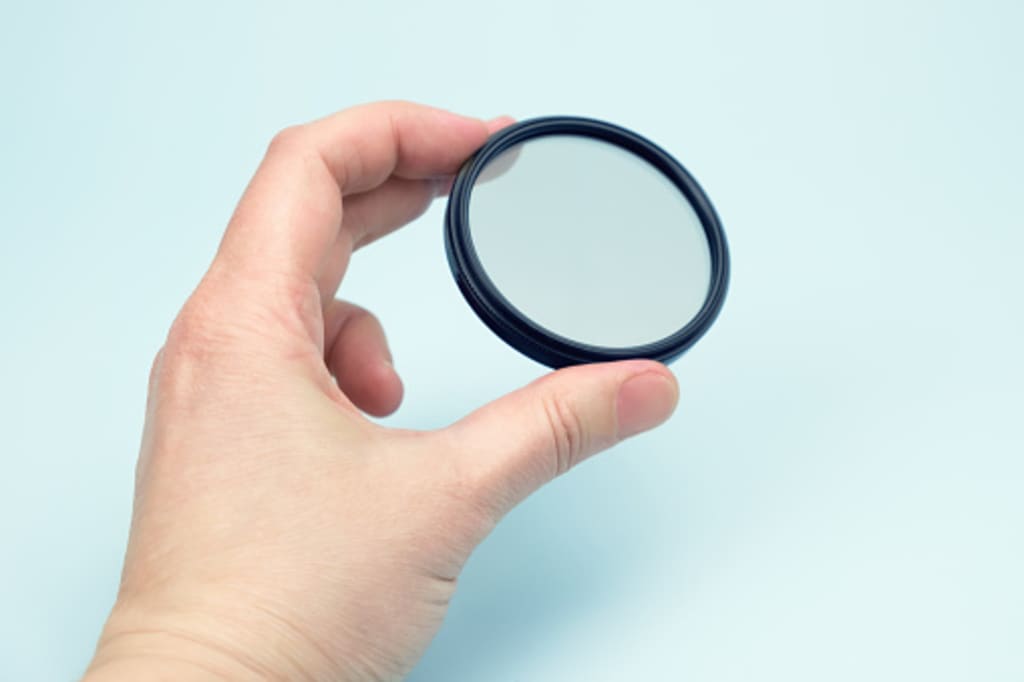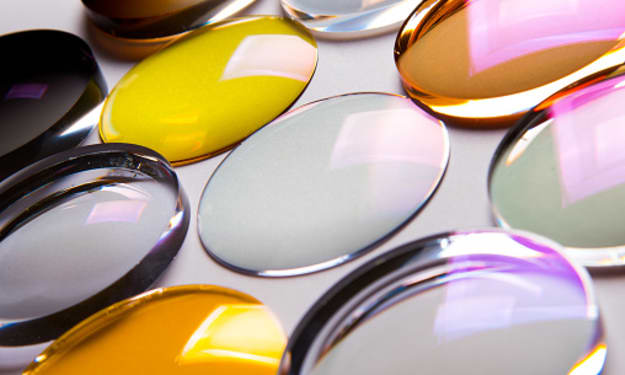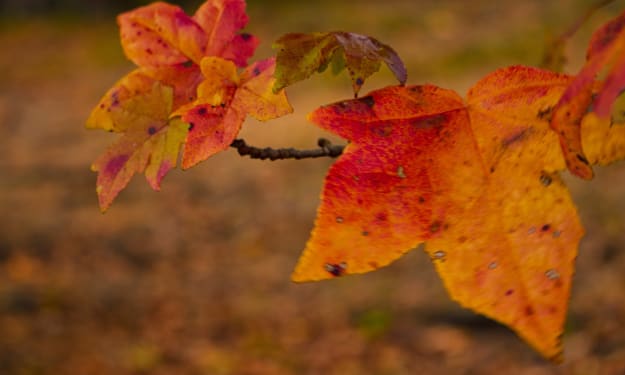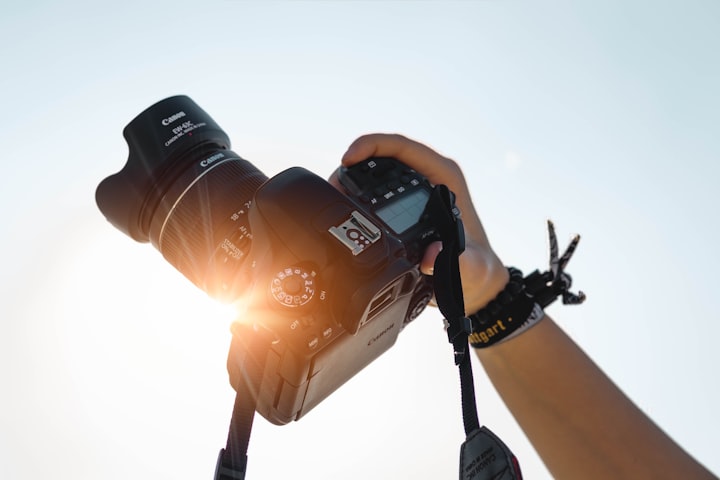The Benefits of Using of UV Protection Lens Filters For Your Camera
UV Protection Lens Filters

What is the difference between a UV protection lens filter and a cheap lens insurance policy for your lens? It may be difficult for you to believe that this is true. We will examine this topic in the following article. The purpose of UV protection lens filters was also discussed, as well as their utility in digital photography today. After reading this article, you should have a better understanding of the advantages and disadvantages of UV protection lens filters. Additionally, you will know when to use one and when not to use one.
FILTERING LENSES FOR UV PROTECTION: WHAT IS IT?
Definition of UV protection lens filters
Filters for camera lenses are available in a variety of types. One of the oldest filters is the UV filter. Let's examine its definition in order to distinguish it from other types of photography tools.
FILTER DEFINITION FOR UV PROTECTION LENSES
There is nothing complicated about a UV lens filter.
Filters that block ultraviolet light from passing into a camera are attached to the front of the lens. It is particularly important to keep this in mind when shooting film. Photos can be discolored if the film stock is exposed to UV light.
The sensitivity of digital cameras to UV light is less than that of film cameras. UV filters, however, are used by photographers who shoot digital still images in order to protect the front elements of their lenses.
The purpose of a UV protection lens filter is to provide protection from ultraviolet rays.
Assume the following:
1. Reduce ultraviolet radiation
2. Avoid scratching the lens
3. Keep your lenses clean and free of dust, liquids
MODIFIER FOR UV FILTER CAMERA LENSES
UV light is blocked by this product
Film was the only form of photography before the advent of digital photography. There were some discolorations in some of the photographs taken by photographers. Blue hues were visible in their photographs. UV light was quickly identified as the cause of this phenomenon.
Discoloration of the lens caused by the UV protection filter
A UV protection lens filter was invented as a solution to this problem. By using this UV filter camera lens modifier, ultraviolet light is reduced to a minimum. Digital cameras have made UV light less of a concern with the advent of DSLR cameras and mirrorless cameras. A digital camera is not as sensitive to UV light as a film camera. However, digital photographers still use the filter as physical protection for their lenses' frontal elements.
OTHER USES FOR UV FILTER CAMERA MODIFICATION
Ensures that the lens is protected
It is important to clarify how much protection an ultraviolet lens filter actually provides. Dropping a camera lens is the most direct means of damaging it. It is unfortunate that UV filters often contain weaker glass than the elements used in most types of camera lenses. As a result, they often break when your lens would not otherwise break.
Your lens will also not be protected from internal damage by UV filters. The frontal element of a lens is only one of many glass elements found within the lens. If your lens is dropped with one on, it will be just as likely to cause internal damage as it would be without one. Below is a video that shows a real drop test.
The UV filter is a camera modifier. Is it necessary to have them?
While lens filters cannot protect your lens from drops, they can protect it from other hazards. It is possible to prevent scratches on your lens caused by small contact with rough surfaces by using these products.
Depending on where you shoot, they may provide protection against environmental hazards such as dust, dirt, snow, and salt in the air.
What is the purpose of a UV filter?
In summary, if you are a photographer or videographer with an expensive lens and you regularly shoot in environments that are hazardous, a UV filter for your lens is an excellent addition to your equipment. The introduction of new elements to your lens does have some disadvantages.
FEATURES AND CONTRAINDICATIONS OF UV PROTECTION LENS FILTER
The quality of the image is slightly reduced
When you add an ultraviolet filter to your lens, it creates another medium through which light must travel in order to form an image. Therefore, your image will have a slight reduction in quality.
Depending on the filter, UV light can be reduced by between 0.5% and 5%. Your image will be reduced in resolution as a result of this action. It is, however, a very small difference. It is possible to reduce the quality of the image almost unnoticeably or at least to fix it through editing.
Camera UV protection filter before and after use
Variations in image quality are caused by the quality of your ultraviolet filter. It is important to keep in mind that you get what you pay for. Just a little extra investment in your filters will help you maintain image quality and protect your lens at the same time. View the video below to gain a better understanding of the difference between a cheap and a high-quality filter.
• What is the difference between a $5 UV filter camera lens modifier and one that costs $100?
Ideally, you should avoid any light aberrations or unintentional lens flares. As a result of the additional glass element, there may be unwanted flares when shooting directly into a light source.
UV PROTECTION FILTER CONCLUSION
Does a UV lens filter need to be used?
The following information may have prompted you to ask the question, "Do I need a UV filter for my lens?"? Depending on the lens, this will vary. Can you tell me what or where you are shooting?
If you are shooting an event with a large number of people or action, you may be at greater risk of accidents. It is possible that your lens will be damaged by spilled drinks, confetti, dancing, or someone bumping into it. It is impossible to say.
Perhaps you are an action sports photographer. You may be shooting in the desert, mountains covered with snow, or on the beaches. It is important to note that all of these environments are characterized by dust, salt, and water particles.
The problem of dirty lenses can be exacerbated by UV protection filters
If you find yourself in such a situation, a filter would at least provide protection for the frontal element of your lens. Sure, you can just clean your lens without an ultraviolet filter. Even with professional tools, your lens will accumulate micro scratches over time and become damaged.
UV protection filters should not be used in certain circumstances
Why not leave your UV lens filter on all the time if it can protect your camera? Again, it depends on the type of photography you are doing. Image quality may be a higher priority if you are taking studio photographs as part of an artistic conceptual photography project. It is therefore not recommended to use camera lens filters since they may reduce the quality of your photographs.
These kinds of shoots are usually conducted in controlled environments, so environmental hazards are not as likely to pose a threat to the crew. This video provides an overview of the pros and cons of UV filters and how you can determine whether you require one for what you are photographing.





Comments
There are no comments for this story
Be the first to respond and start the conversation.